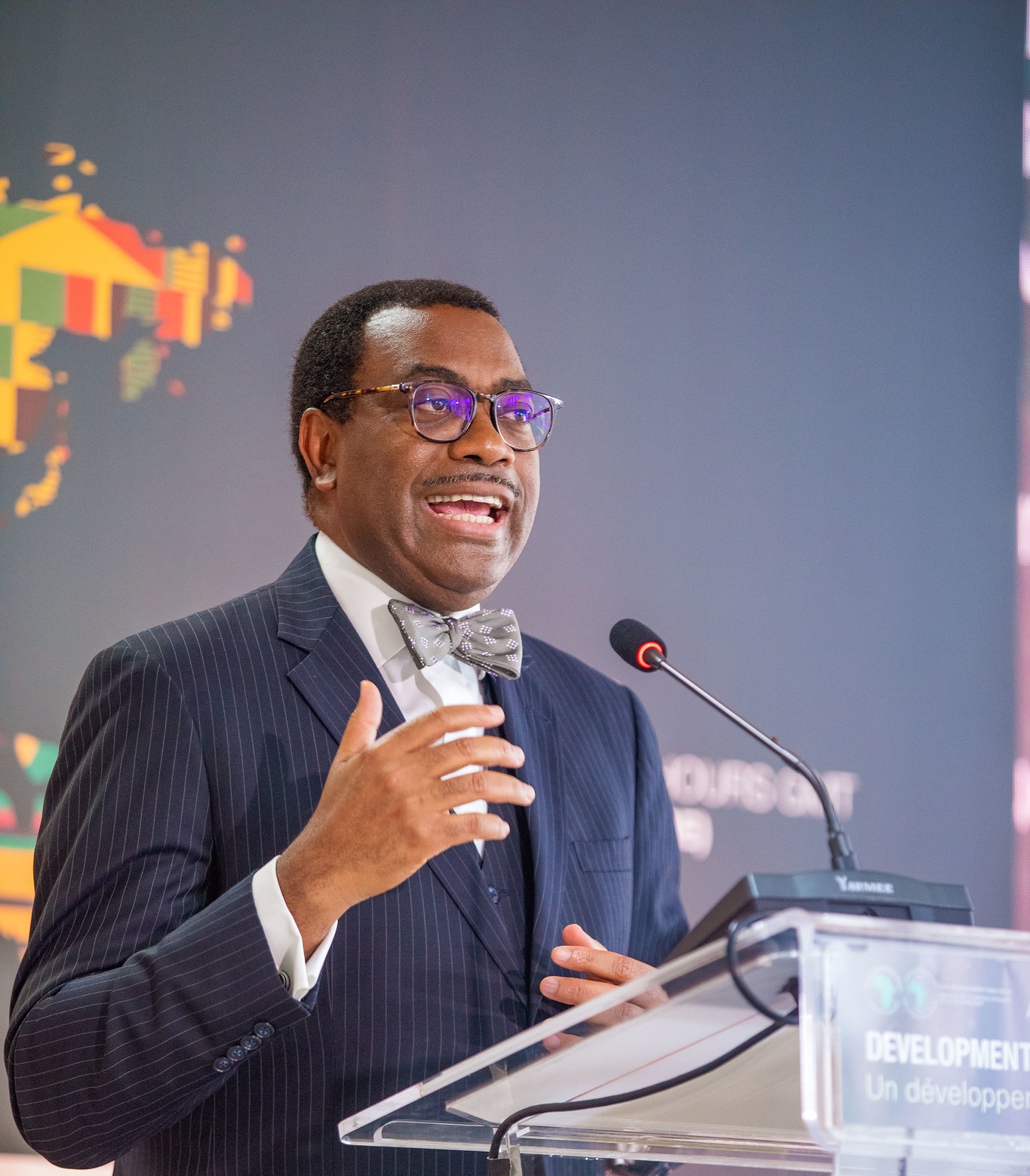Hundreds of academics and leaders of international institutions from around the world came together for an African Development Bank Forum on ways to harness the skills, wealth and dynamism of Africa’s 160-million-strong diaspora to its growth and development.
The hybrid event took place against the difficult geopolitical backdrop of high global economic imbalances slowing direct investment into the continent as well as accelerating shifts in the job market. As a result, experts believe the $95.6 billion that Africans abroad remitted to the continent and their skills and expertise have assumed greater importance to Africa’s prospects.
Participants agreed that more should be done to tap into and engage the diaspora community and leverage their strengths for Africa’s benefit.
These were key takeaways from the Thursday plenary of the two-day meeting titled, Development without Borders: Leveraging the African Diaspora for Inclusive Growth and Sustainable Development in Africa. The African Development Bank hosted it in partnership with the African Union Commission, the International Organisation for Migration, and the African Continental Free Trade Area secretariat.
The forum focused on several themes, such as securitizing remittances, diaspora bonds, promoting trade and investment, enhancing research, innovation and technology sharing. Securitized remittances would offer African governments robust investment collateral and a source of financing through bond issuance. In addition to remittances, Africans overseas represent a source of much-needed direct investment, expertise and skills that can be transferred to businesses and workers in their home countries.
The discussion also touched on making economic growth more inclusive, deepening intra-continental trade and preparing Africa’s workers for the jobs of the future.
In his opening remarks, African Development Bank President Dr. Akinwumi A. Adesina said that regardless of overseas success, Africans remain tied to the continent of their birth as a source of identity and pride. Consequently, the development of Africa must be a priority for all Africans in the diaspora.
“The African diaspora has become the largest financier of Africa! And it is not debt; it is 100% gifts or grants, a new form of concessional financing that is the key for livelihood security for millions of Africans,” he said.
In contrast to the high level of remittance flows in 2021, official development assistance to Africa in 2021 stood at $35 billion.
Adesina added: “Because the flow of remittances to Africa is high, rising, and stable, it offers huge opportunities to serve as collateral to secure financing for African economies. African countries should securitize remittances to promote investments, especially for infrastructure on the continent.”
Dr. Adesina urged that Africans living in the Diaspora be given the right to vote in elections in their respective countries. He called for ministries to be set up to serve those in the Diaspora.
“I implore and encourage African governments to create the conditions for those living and working overseas to contribute meaningfully to national development or, even better, not to leave in the first place,” he said. Africa loses around $2 billion annually through brain drain in the health sector alone.
Deputy African Union Commission Chairperson Dr. Monique Nsanzabaganwa recalled that African heads of state committed to engaging the diaspora as far back as 2012 by establishing a database of diaspora professionals, an African Institute for remittances, and an Africa diaspora investment fund, among other initiatives.
Wamkele Mene, Secretary General of the African Continental Free Trade Area (AfCFTA) secretariat, said remittances offer a window of opportunity for Africa’s development against a backdrop of declining foreign direct investment and foreign aid.
He cited the Pan-African Payment and Settlement System, a collaboration between the African Export and Import Bank (Afreximbank) and the AFCFTA secretariat, which works with Africa’s central banks to establish financial market infrastructure for commercial banks, payment service providers, card schemes and other intermediaries to handle payment and settlement service across Africa. He said operationalizing the AFCFTA, which came into force in January 2021, would ease the way for diaspora communities to invest in Africa.
The Director General of the International Organization for Migration Antonio Vitorino, urged African countries to take a proactive approach to their overseas communities. “Governments need to get to know their diaspora; this starts with knowing where the diaspora is located, what their skills and capacities are, and how willing they are to engage in development at home.”
Beyond remittances, Vitorino pointed to philanthropic engagement and diaspora tourism as potential areas of mutual interest for African governments and the diaspora.
Diaspora communities have a crucial role in changing the narrative and perceptions about Africa: “Africa is the oldest continent, the youngest continent, and soon to be the largest continent,” said Ambassador Rama Yade of the US-based Atlantic Council’s Africa and Europe centers.
Romi Bhatia, a Senior Advisor for Diaspora Partnerships at USAID, said there were still too many headlines in the western media focusing on disease or death and despair in Africa, causing U.S businesses to overemphasize the risk—both real and perceived—across the continent.
“Consequently, US companies are missing out on opportunities to build mutually beneficial trade and investment partnerships across the Atlantic,” he said.
African Union Commissioner for Trade and Industry, Albert Muchanga, echoed this. “If others see you invest in Africa and you generate high returns, their risk perception is likely to go down,” he said.
Muchanga also stressed that while the African Continental Free Trade Area is critical to deepening pan-African trade, African countries must also be involved in global trade.










